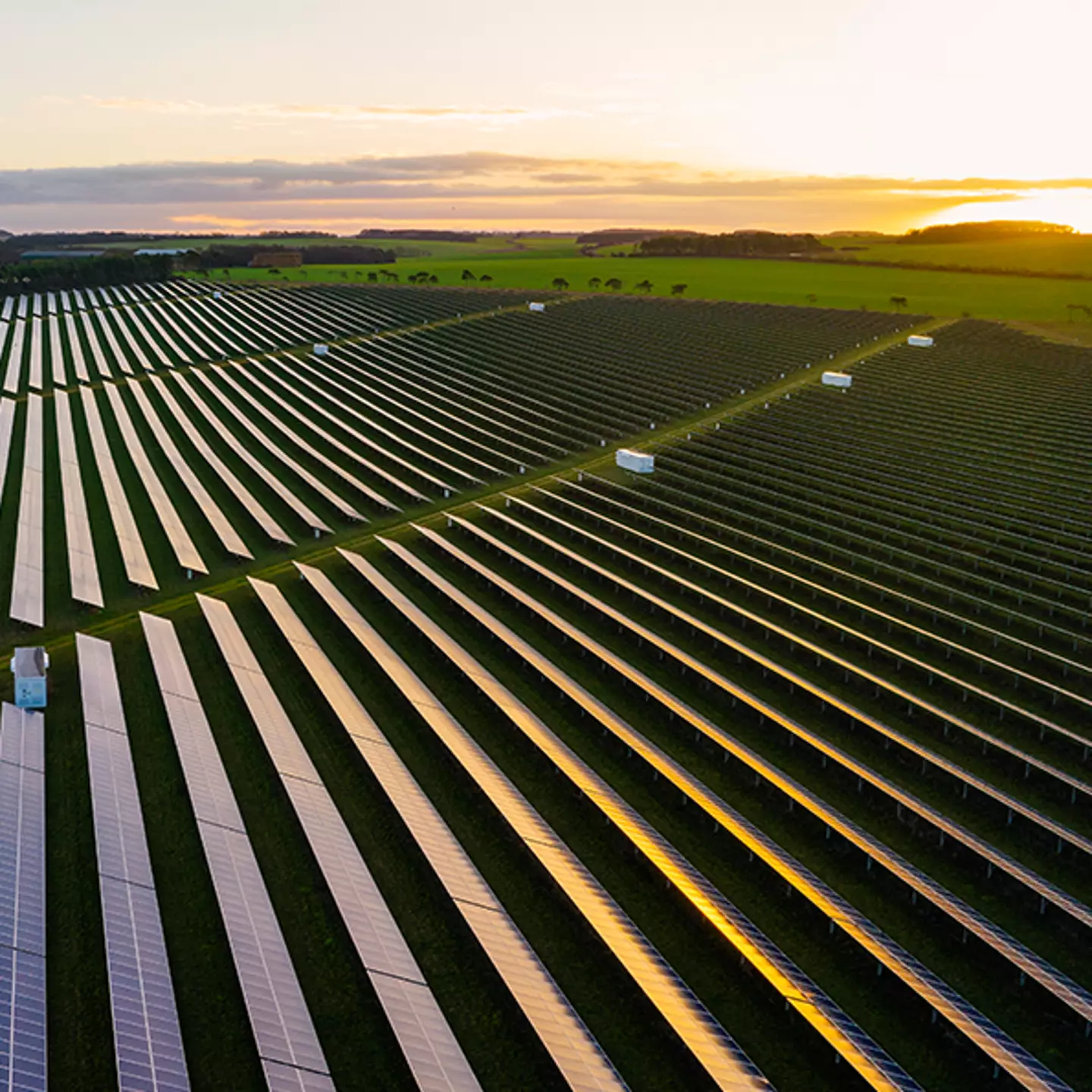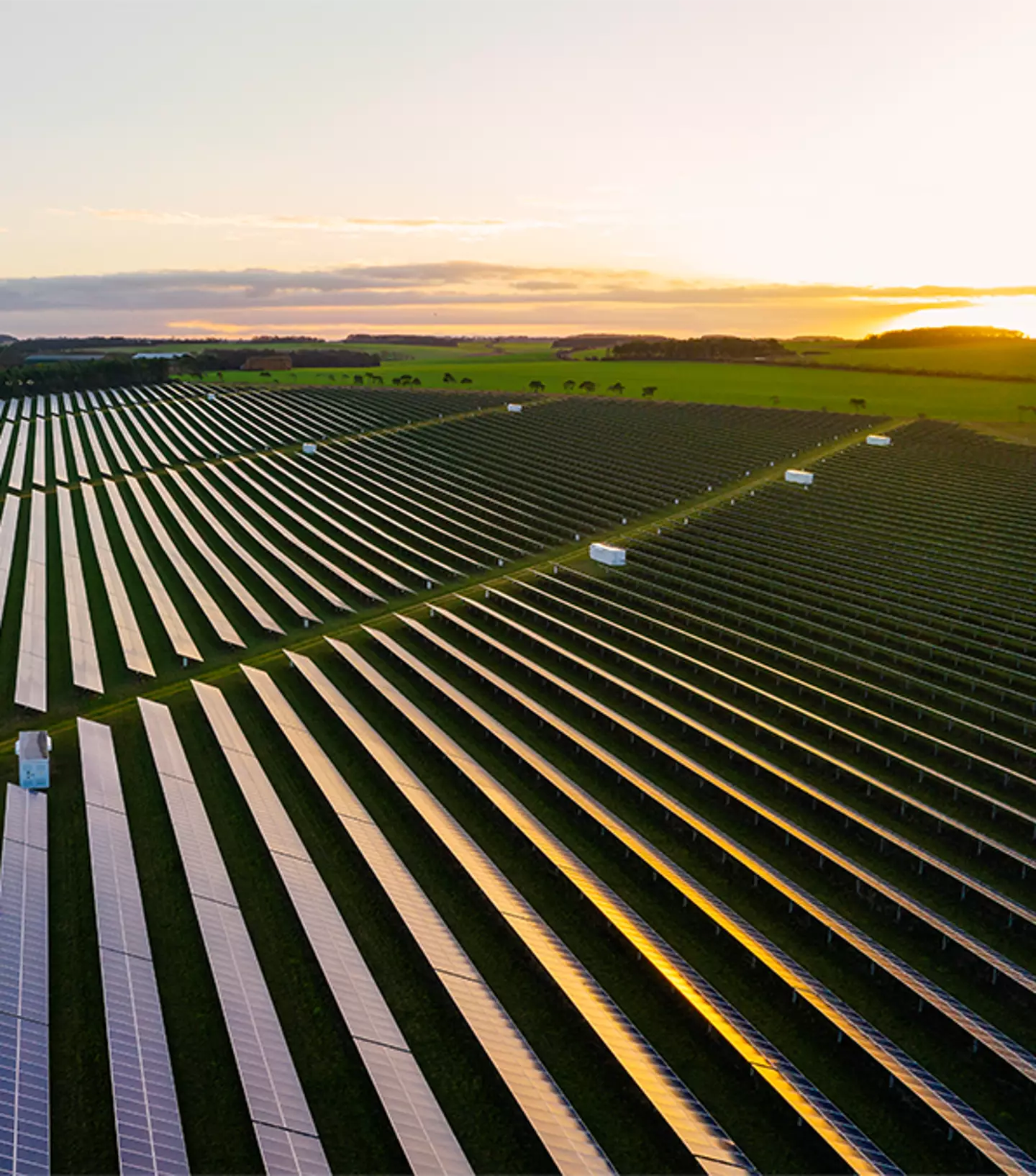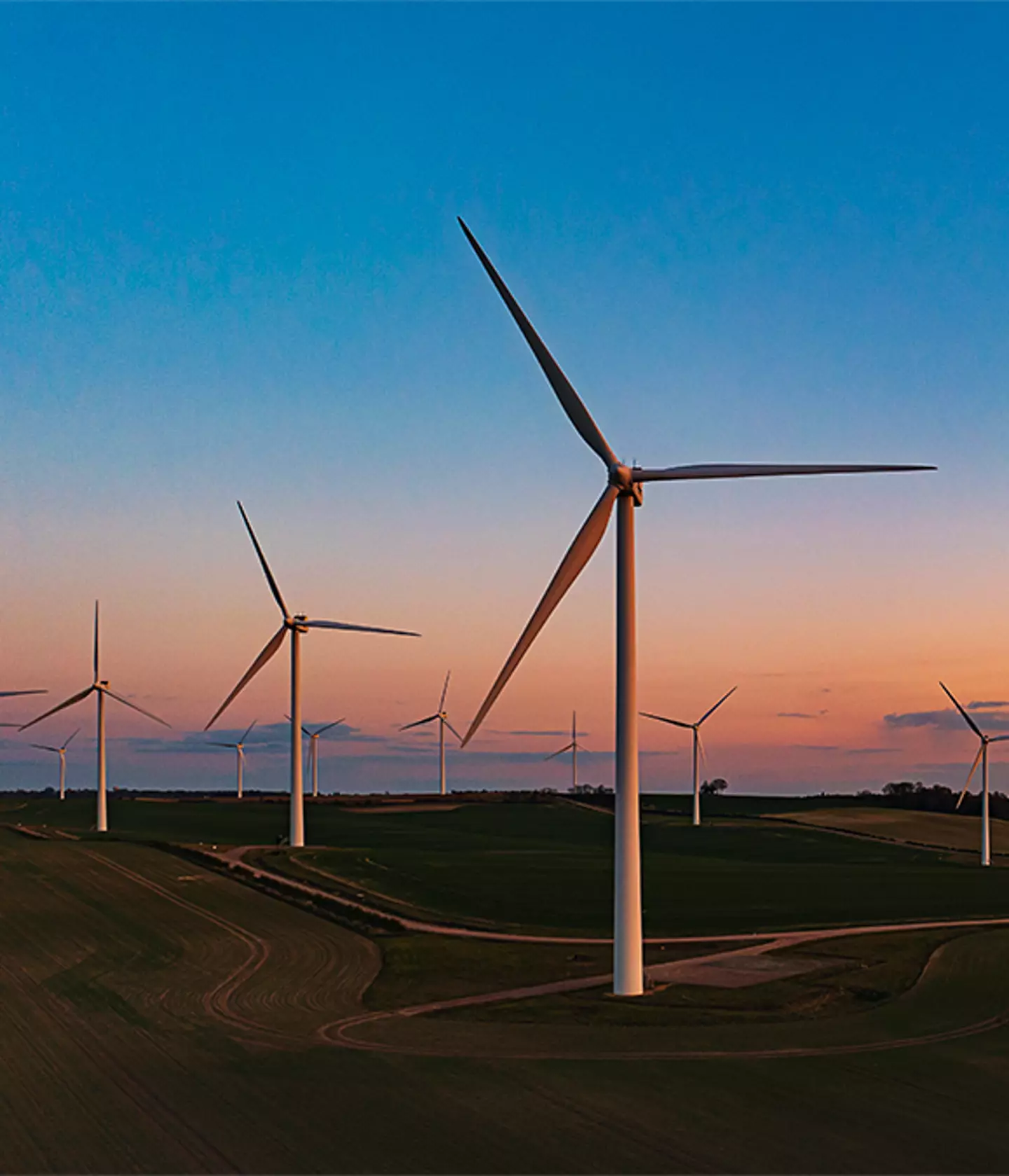
Last week, we had some disconcerting news from UN Climate Chief, Simon Stiell, who announced we only have 'two years left to save the world' from the impending threat of climate change - unless we make some radical changes.
One of the quickest and most effective ways of driving down greenhouse gas emissions and giving ourselves a fighting chance against global warming is to move to a renewable energy system.
Encouragingly so, seven countries across the globe now generate nearly all of their electricity from renewable energy sources.
This comes from new data compiled by the International Energy Agency (IEA) and the International Renewable Energy Agency (IRENA).
Advert
Albania, Bhutan, Nepal, Paraguay, Iceland, Ethiopia and the Democratic Republic of Congo generate over 99.7% of their electricity from geothermal, hydro, solar, or wind power.

Furthermore, an extra 40 countries were found to generate at least 50% of their electricity from renewable energy technologies in 2021 and 2022, including 11 European countries.
Stanford University professor Mark Jacobson, who analysed the data, said: 'We don’t need miracle technologies.
'We need to stop emissions by electrifying everything and providing the electricity with Wind, Water and Solar (WWS), which includes onshore wind, solar photovoltaics, concentrated solar power, geothermal electricity, small hydroelectricity, and large hydroelectricity.'
Professor Jacobson also noted that other countries like Germany have demonstrated the capability of running off 100% renewable-generated electricity for short periods.
Looking at the UK, 41.5% of its electricity is generated from renewable sources in 2022 which is up 10.5% from the year before.
Meanwhile, in Scotland, renewable energy technologies generated the equivalent of 113% of the country’s overall electricity consumption in 2022.

'These record-breaking figures are a major milestone on Scotland’s journey to net-zero, clearly demonstrating the enormous potential of our world-class renewable energy resources,' Claire Mack, chief executive of Scottish Renewables, said at the time of the study.
Scientists at the University of Exeter and University College London noticed that overall commercial costs have decreased immensely.
In turn, they believe solar energy has reached an 'irreversible tipping point' that means it will likely become the world’s primary source of energy by 2050.
'Due to technological trajectories set in motion by past policy, a global irreversible solar tipping point may have passed where solar energy gradually comes to dominate global electricity markets, without any further climate policies,' the researchers wrote in the study.
'Solar energy is the most widely available energy resource on Earth, and its economic attractiveness is improving fast in a cycle of increasing investments.'
This is undoubtedly a positive step forward in essential climate action and hopefully, other countries reliant on finite sources will follow suit of these countries.